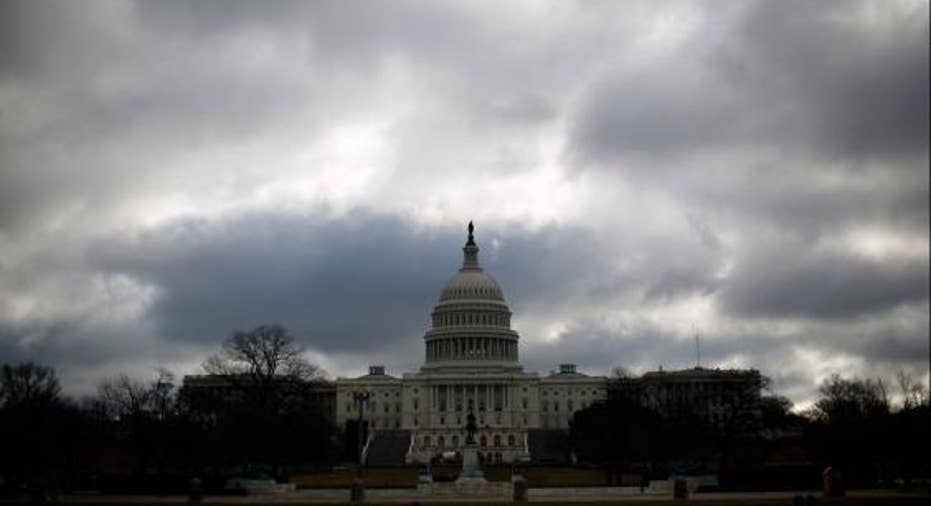Budget Cut Countdown: Will We Survive the Sequester?

These days, you can't turn on the TV without hearing news of the sequester.
Conservatives and Liberals alike are unhappy, but I think that's good news for taxpayers.
If Congress and the President don’t agree on something by March 1, we are going to see some significant changes.
Here's what will happen.
Number one: federal spending will not, be reduced. Despite what you hear, there will be cuts to planned increases in spending, but the federal budget will grow.
According to CBO estimated spending levels over the next few years, federal spending will drift higher and higher.
Even with the sequester, the federal government will spend $15 billion more than it did last year!
So, the question is whose ox is getting gored?
The answer is clear.
Although their spending will be nearly 14% higher than in 2007, defense spending will take the biggest hit.
Departments that promote the President's priority programs, for example, the Energy Department, that is working to shut down coal production and slow oil drilling, is getting a big funding boost. The DOE’s funding is up more than 43% in the last decade!
Look, the powers that exist are telling you we are in uncharted territory and the terrors of budget cutting are terrible, but that's just not true.
In today's New York Times, which is not exactly a bastion of conservative thinking, reported that between 1969 and 1974, as the Vietnam War was winding down, the government dropped spending by 24%.
Former Texas Senator, Phil Gramm, wrote in today's Wall Street Journal, that back in 1985, a Democratic House, a Republican Senate and the White House agreed on a sequester of across the board spending cuts amounting to nearly 4.5% on non-defense spending and 5% on defense spending.
Today, what we are talking about is a spending slowdown of less than 2.5%. That is not even close to 1985 or the early '70s. We will survive, but the reputations of the hysterical politicos may not!



















